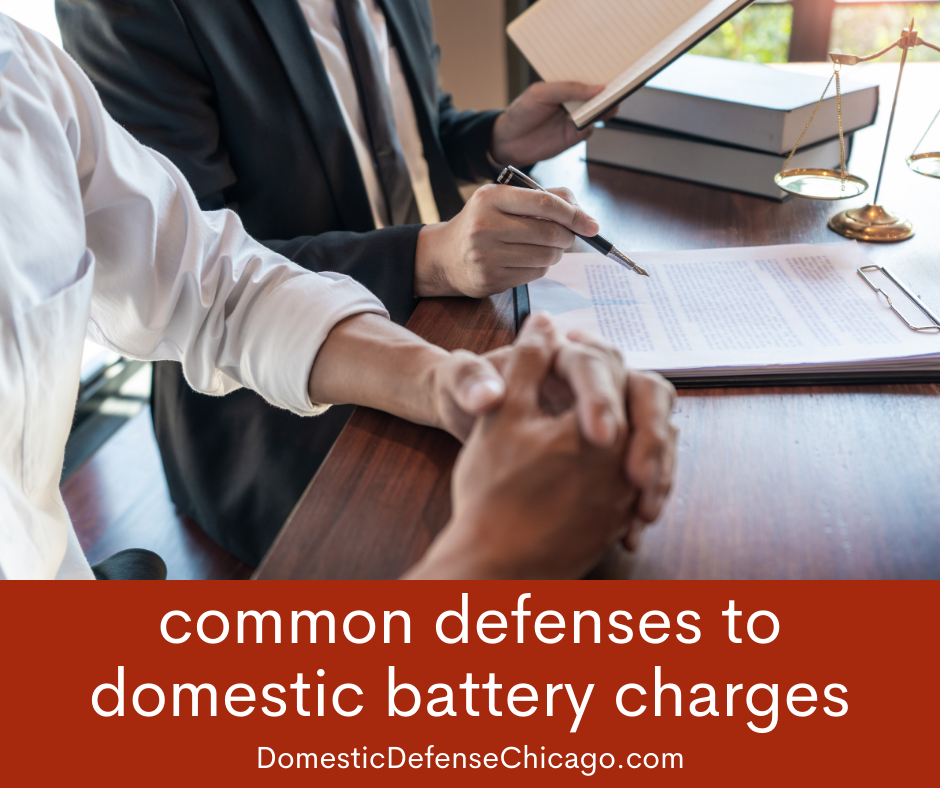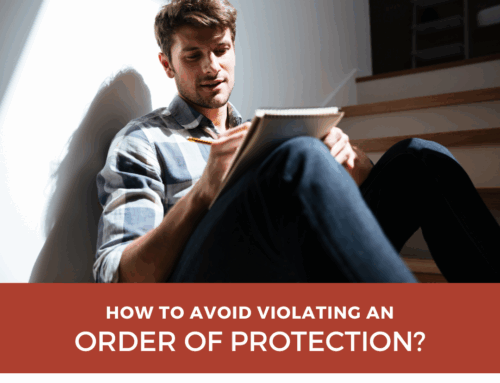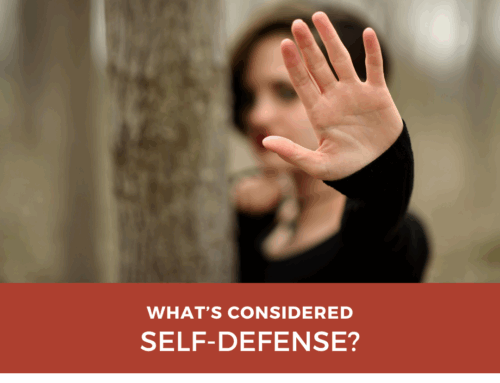Going to court over domestic battery is scary – you don’t know how your case will turn out until the judge issues a ruling. Your domestic battery defense attorney will be right there by your side every step of the way, but will you win?
Here are the most common defenses to domestic battery charges – and your attorney may use one of them.
Common Defenses to Domestic Battery Charges
The things your attorney will learn about your case will shape the way he defends you in court. In addition to doing his own research, your lawyer will probably ask you questions like:
- What did you tell the police about the incident at the time?
- Are there any other witnesses, other than you and the alleged victim?
- What was your emotional state when the police arrived? What about the alleged victim’s emotional state?
- Was anyone drinking?
Your lawyer will look at the police report and see what types of things the responding officers wrote about the situation, as well. And if possible, your attorney may want to talk to other witnesses who were there at the time (or even immediately after) the alleged incident.
There are several types of defenses your attorney could use, including:
- Innocence
- False accusations
- Accidental injury
- Self-defense
- Lack of evidence
There are other defenses, too, but these are fairly common. Here’s a closer look at each.
Innocence as a Domestic Battery Defense
If you didn’t do it, you didn’t do it. Your attorney will work to establish that you either weren’t there or that you didn’t injure the alleged victim (or that someone else – including the victim him- or herself – did)
False Accusations as a Domestic Battery Defense
False accusations of domestic battery are far more common than you think. Sometimes angry spouses (or people angling for child custody during a divorce) make these types of accusations trying to gain ground in court. If the alleged victim lied, your lawyer will work to prove that the injuries don’t support his or her story, or that the police report shows that the victim has told different stories about the incident.
Accidental Injury as a Domestic Battery Defense
Sometimes accidental injury occurs – and if you say that you did cause the alleged victim’s injuries, but that it was an accident, your lawyer may work to prove that you’re telling the truth. For example, if you say you tripped over a child’s toy and knocked the alleged victim down as you fell, your attorney will want to explore proof that that’s what happened.
Self-Defense as a Domestic Battery Defense
You may have injured the victim while defending yourself or your children – that is actually fairly common. If that’s what happened in your case, your attorney will check the police report to see if the alleged victim reported using violence him- or herself, as well as compare your injuries with the alleged victim’s injuries to find out if they’re consistent with self-defense.
Lack of Evidence as a Domestic Battery Defense
If the state doesn’t have enough evidence to convict you of domestic battery, your attorney will certainly point that out – and he can determine whether the prosecutor’s case is only built around the alleged victim’s allegations. He’ll look for physical evidence, see what types of injuries the alleged victim is claiming (and whether they could have been caused by something or someone else), and establish whether the prosecutor has photos of alleged injuries or damaged property that could implicate you in the crime.
Do You Need to Talk to a Lawyer About Common Defenses to Domestic Battery Charges?
If you’ve been accused of domestic battery, we may be able to help you. Call us right away at 847-920-4540 for a free case review. If it’s easier, fill out the form below and we’ll get back to you as soon as possible.
Get help now!







Leave A Comment
You must be logged in to post a comment.